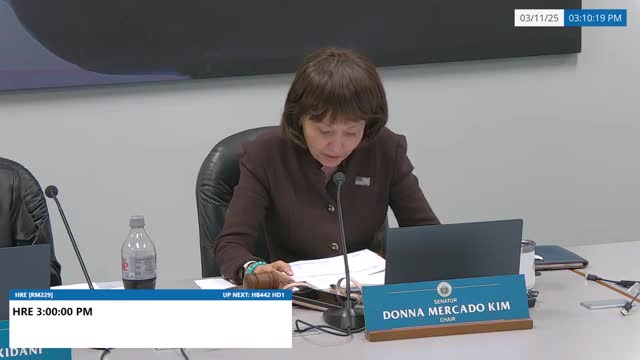Article not found
This article is no longer available. But don't worry—we've gathered other articles that discuss the same topic.
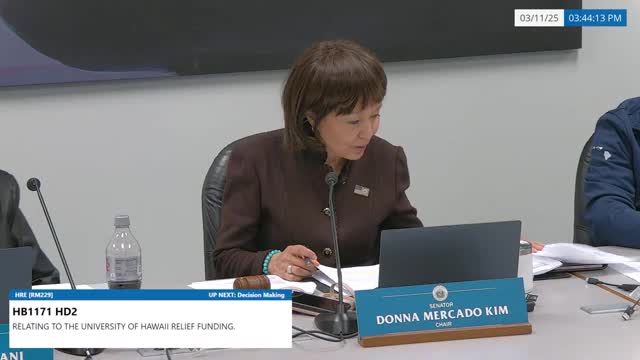
Committee passes bill allowing UH Board of Regents to use tuition fund for emergency student aid
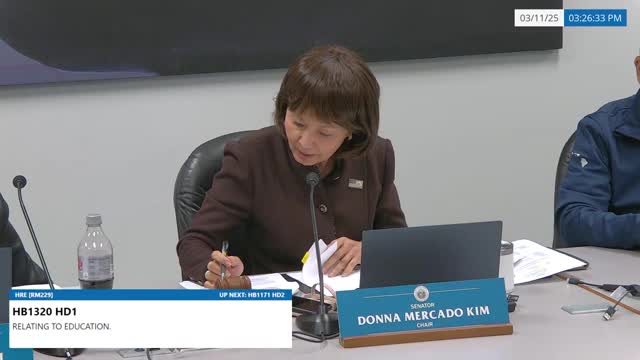
Committee advances bill to create UH graduate‑outcomes dashboard, flags funding and data access concerns
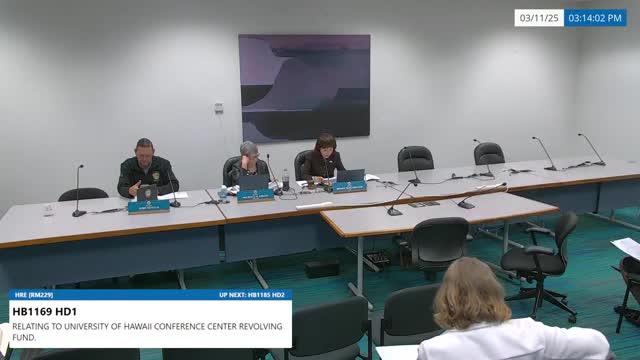
Committee defers bill to study plant‑based building materials after debate over working‑group need and cost
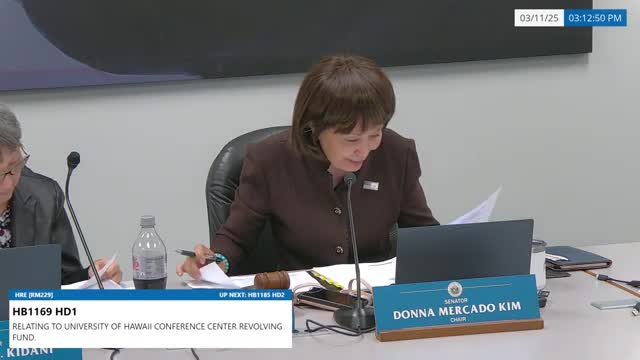
Senate committee passes housekeeping bill to consolidate UH conference center funds
